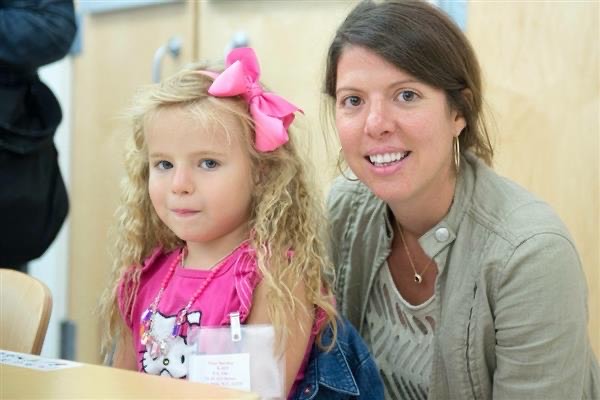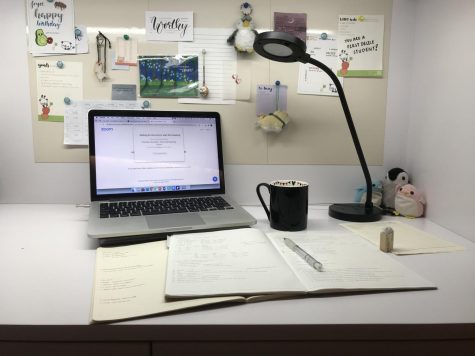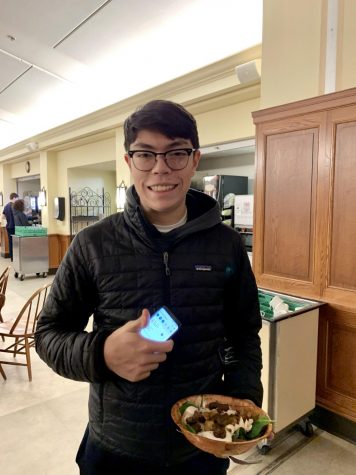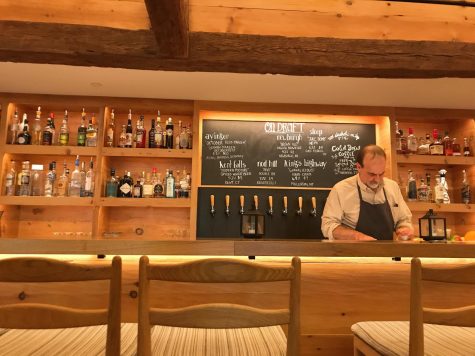Op-Ed: In Defense of Formal Dinner
December 1, 2016
Formal Dinner is one of Kent’s many weekly obligations. Every Thursday evening, all students return from sports and activities, dress up, go to chapel, then sit down with their advisory for an all-school dinner.
To some students, an hour and a half spent in chapel and formal dinner on a Thursday night with Friday’s work looming ahead seems like an unnecessary chore, despite elements of “fun,” such as the Mix-It-Up dinners, the Halloween dinner, and the highly anticipated Headmaster’s Holiday announcements.
Formal dinner, however, is the only time entire advisories are scheduled to meet and offers unique benefits to students: it gives students and advisors time to communicate, socialize, and build relationships as a group. Such shared times contribute to the strong sense of community students feel at Kent.
While there are significant benefits, formal dinner also has its drawbacks. In addition to taking up a large chunk of students’ time on Thursdays, it can also be ineffective way of providing food. “There’s always a lot of food wasted during formal dinner,” says Ms. Mazza.
Mr. Hudson, head of the Dining Hall staff, expresses frustration about the limited menus possible to meet the challenge of providing food for the entire school in one sitting, though he adds, “it’s an undertaking that starts a few days before and is always hard work, but we’re used to doing it now, so it isn’t so bad.”
Many people, myself included, think the gains are worth the losses. “It’s a strain in the Dining Hall staff, teachers, and students, but I think it’s worth it, to build the Kent community and keep the tradition alive,” says Mazza.
Whether they be the Halloween costume contest, Fr. Schell announcing a holiday, or having academic and athletic achievements publically celebrated, everyone has fond memories of formal dinner. Many teachers who live off-campus are prompted to stay for formal dinner and often bring extra food or goodies to celebrate birthdays and other special occasions. Overall, formal dinner is a very positive experience.
But there is always room for improvement. “It gets pretty loud and crowded and hard to hold a meaningful conversation, and some kids miss formal dinner due to dish jobs, sports, so not everybody might be there,” comments Mr. McDonough.
McDonough notes that his ideal formal dinners would be “more ‘formal’ in exchange for meeting less often.” That way, students and advisors would be even more likely to bond with one another, taking advantage of the time they have together. Hudson also suggests that his ideal formal dinner would be based on a per-order system, in which people order their meals beforehand, to improve meal diversity and reduce food waste.







Steve Clarke • Jul 9, 2018 at 11:02 am
For most of Kent’s existence, both Chapel and “formal dinner” were held seven nights per week.